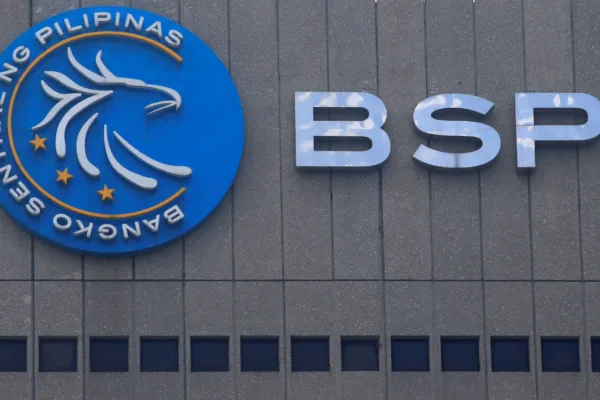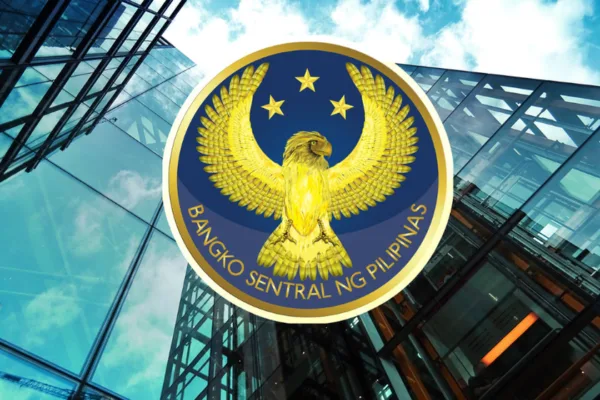Originally posted on The Fintech Times
 by Imran Vilcassim, Global Solutions Lead of Digital Platforms for BPC
by Imran Vilcassim, Global Solutions Lead of Digital Platforms for BPC
Not so many years ago, Filipinos had to visit bank branches or ATMs to transfer money and manage their accounts. A complex set of geographic and institutional barriers, including the fragmentation of Filipinos across over 7,000 islands, and low levels of financial literacy, are also hampering the use of financial services.
Here, Imran Vilcassim, global solutions lead of digital platforms for BPC, explains how e-wallets are helping to bridge the gap for millions of Filipinos previously excluded from traditional banking and the role that fintechs can play in creating a better and more inclusive financial system in the Philippines.

IMAGE CREDIT: https://www.linkedin.com/pulse/digital-wallets
The meteoric rise of e-wallets in the Philippines has transformed the way financial transactions are made, enabling anybody with a smartphone to electronically send, receive, and save money. By 2025, the country is expected to surpass 80 million registered e-wallet accounts, reflecting a threefold increase within five years.
This rapid growth can be attributed to several important factors, such as the successful advancement of digital transformation, widespread mobile adoption, favorable regulatory policies and forward-thinking government investments in talent and innovation.
The Philippines also has a large, young, and increasingly tech-savvy, population that is more receptive to adopting new innovations. With an internet penetration rate of 73 per cent, Filipinos are increasingly leveraging online platforms for a range of activities, from social interactions to shopping and entertainment.
This comfort with digital platforms has translated into a willingness to adopt e-wallets for financial transactions, appealing particularly to those previously excluded from the traditional banking system. This, in turn, has contributed to the emergence of numerous commercially successful e-wallet platforms, attracting millions of users and laying the foundation for a promising economic outlook for the country.
The benefits of digital wallets
The surge in e-wallet popularity underscores the real demand to address the unbanked population and bolster financial inclusion, fundamentally reshaping the lives of millions of individuals. This development holds significant implications for the Philippines, where 44 per cent of the bankable population remains unbanked, with rural areas, in particular, facing underservice and limited access to physical banks.
E-wallets not only attract those without traditional bank accounts but also appeal to a wide range of consumers, offering a host of great benefits. These include cost-effective transactions with lower fees compared to traditional banking services – a particularly beneficial advantage for small-value transactions.
In countries like the Philippines, where remittances from overseas workers are substantial, e-wallets also provide a faster and more efficient way for people to receive money from abroad. Additionally, the adoption of e-wallets promotes the digitalization of payments, reducing reliance on cash and enhancing overall economic efficiency.
Furthermore, e-wallets offer enhanced security features such as PIN codes, biometric authentication, and encryption, mitigating the risk of theft or fraud associated with carrying physical cash.
They also provide access to credit and other financial products, including loans, insurance, and investment options, expanding financial services for users. For small businesses, e-wallets enable easy acceptance of digital payments, fostering economic growth and reducing reliance on cash-based transactions, which can be crucial for a thriving SME/MSME economy.
Other perks include loyalty programs, cashback rewards, and discounts, incentivizing users to adopt digital payments and promoting customer retention. Moreover, e-wallets can be integrated with government initiatives such as social welfare programs and subsidies, facilitating the efficient disbursement of funds to beneficiaries.
Fintechs driving innovation
With so many consumer benefits on offer, the success of e-wallets seems assured – but the timing is also ripe for fintech innovators to break into the Philippines and contribute to shaping the country’s digital future.
Here’s why.
Firstly, the regulatory environment in the Philippines is conducive to fintech innovation. The Bangko Sentral ng Pilipinas (BSP), the country’s central bank, has implemented forward-thinking policies to support the growth of digital financial services.
These include regulatory sandboxes for fintech innovation, which allow companies to test their products in a controlled environment before wider market access.
Additionally, the BSP has issued guidelines for electronic money issuers (EMIs), ensuring the integrity and security of digital financial transactions while providing a clear regulatory framework for e-wallet providers.
Technology advancement
The Philippines is also experiencing significant technological advancements, particularly in mobile internet infrastructure. The widespread availability and affordability of smartphones, coupled with improvements in internet connectivity, have democratised access to digital financial services across the country.
These advancements enable individuals, even in remote areas, to participate in the digital economy through e-wallets, facilitating various transactions such as remittances, bill payments, and purchases.
Finally, technological innovations in e-wallet platforms, including advanced encryption protocols and biometric authentication methods, have enhanced security and built consumer trust in digital financial services. These developments contribute to the growing acceptance and adoption of e-wallets among Filipinos, further propelling the digital transformation of the financial landscape.
In conclusion, the rise of e-wallets in the Philippines is a transformative leap towards a more inclusive and accessible financial future. As technology continues to evolve and regulations adapt, e-wallets have the potential to empower individuals, revolutionise businesses, and unlock economic opportunities for millions.
In this sense, the case of the Philippines holds valuable lessons for other nations seeking greater financial inclusion in the digital age.
It also provides incredible opportunities for fintechs to contribute to the success of the nation by creating a more inclusive financial landscape for all.







